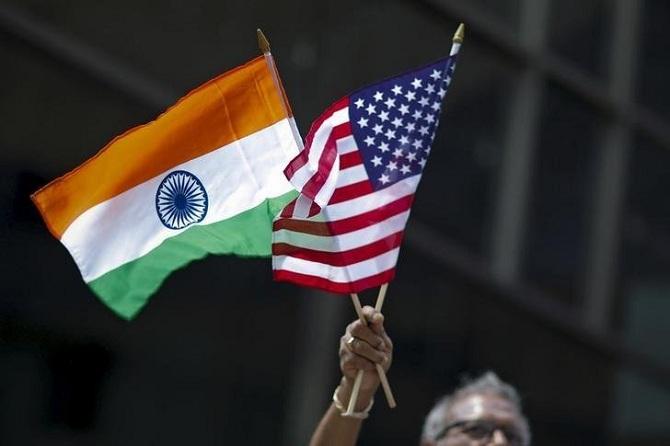Embargo on imports from a neighbouring country would send a chilling signal to foreign investors who look for transparency and companies with manufacturing units in India had requested the government to publish any change in port policy “to provide the business community with the visibility they need to function”, says United States-India Strategic Partnership Forum.

American companies looking at destinations other than China due to global geopolitical pressures are now increasingly favouring Vietnam, Cambodia and Thailand, CEO of industry body United States-India Strategic Partnership Forum (USISPF) Mukesh Aghi has said.
While the forum is advocating India not just as a preferred market but also as an export hub, many of its member firms have raised concerns about sudden policy changes impacting inbound global investments.
Companies fear returns on long-term investments getting hurt, Aghi said citing the recent move by some customs authorities to detain import consignments from China.
On the issue of Chinese goods being detained at Indian ports, the forum argued that the embargo on imports from a neighbouring country would send a chilling signal to foreign investors who look for transparency. Member companies with manufacturing units in India had requested the government to publish any change in port policy “to provide the business community with the visibility they need to function”.
Many American companies, including Apple, have tieups with manufacturing companies based in China, thereby impacting the business due to the customs disruption. However, Foxconn and Wistron, iPhone manufacturers for Apple, recently applied for the production-linked incentive scheme seeking to establish India as an export hub.
Aghi said frequent changes in e-commerce and foreign direct investment rules, besides the recent customs problems, were also hurdles for multinationals.
“US firms will not abandon China since they want access to the Chinese market. They will look at other geographies because of current experience and start manufacturing for that local domain, be it India or other domains,” Aghi said.
But somehow, countries like Vietnam, Thailand and Cambodia are able to attract a lot of US firms rather than them coming to India, he added.
“In the e-commerce sector, as Walmart came in and acquired equity in Flipkart, the policy got changed. You can't have changes coming in like this because the boardrooms are saying we want long-term predictability. Policies can change but there needs to be a consultative process," said Aghi.
Since February 1, 2019 foreign-owned e-commerce services are barred from selling products of the companies in which they have stake. Exclusive deals with vendors to only sell products on a single platform is not allowed.
Aghi also flagged the issue of foreign contracts being cancelled after new governments coming to power at the state level. He referred to the current government led by Jaganmohan Reddy cancelling contracts for a commercial area development project in the state's new planned capital of Amaravati as well as demanding that power purchase agreements (PPAs) be revised, after coming to power.
However, the department for promotion of industry and internal trade's (DPIIT) stance of not offering company specific incentives to investing firms may not hinder FDI flows, as companies are not "seeking special treatment’’, Aghi stressed.
The USISPF CEO also ruled out the lack of a bilateral investment treaty between India and the United States as being a major hurdle to incoming American investments.
The Union Cabinet had earlier this month set up an empowered group of secretaries headed by cabinet secretary Rajiv Gauba with the objective of making India a more investor-friendly destination. It had sought to ensure investments, especially from large companies seeking to diversify into new geographies and mitigate risks.












 © 2025
© 2025